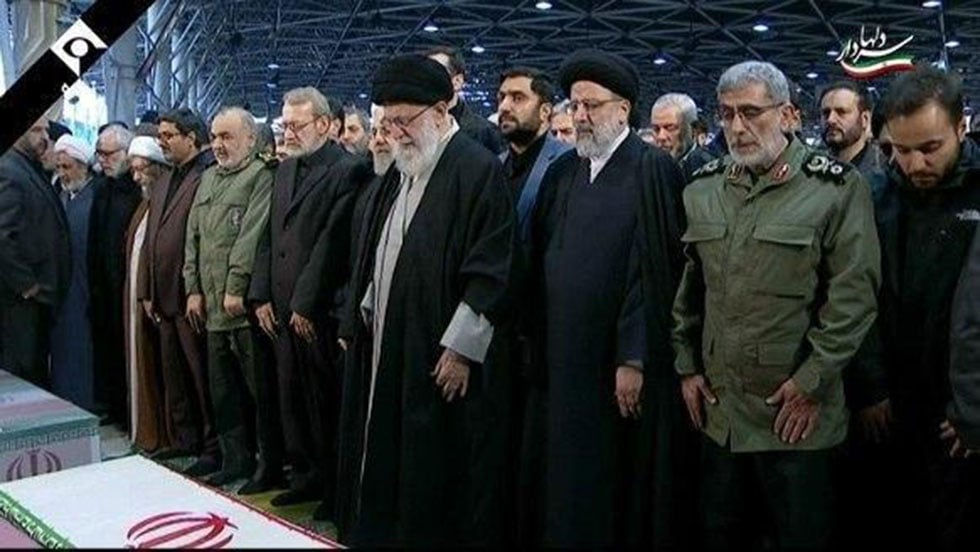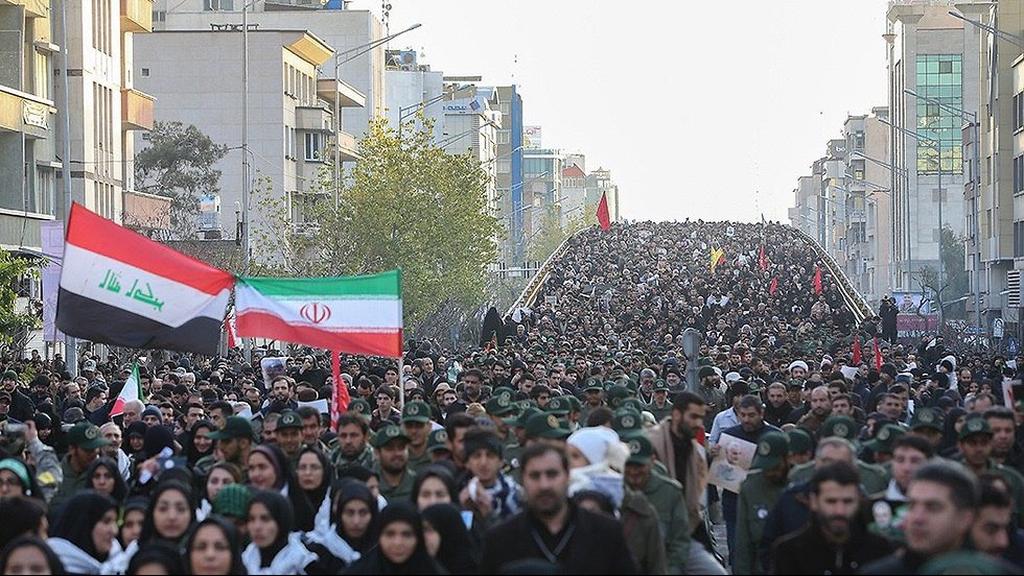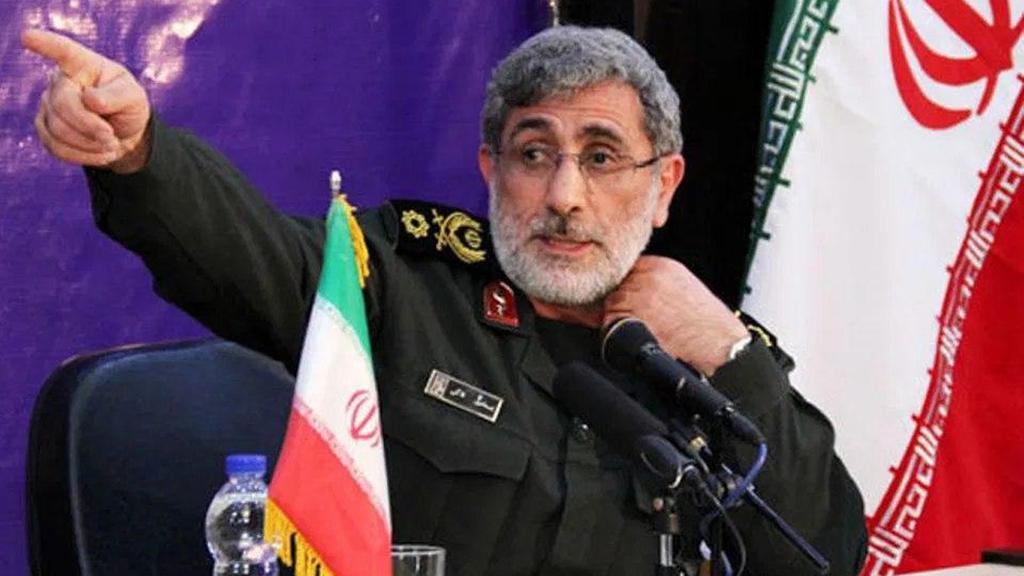Getting your Trinity Audio player ready...
I've had a strange feeling since Qassem Soleimani was assassinated by the United States early Friday morning. I spent that day sitting at my home in Tehran. A day later, I finally stepped outside but only for just a few minutes.
From our perspective, this killing changed many things and I foresee some developments on the Iranian front.
I cannot say what these developments will be, because decisions are made in back rooms by a very small group of people. It seems to me, however, that Iran is not declaring war nor is it preparing for war with the United States.
Although these decision-makers are preparing a retaliation for the targeted killing, it will happen at a time and a place convenient for them. It may be in the coming months or even in the coming years.
Iranians are patient people. There is also the element of surprise to consider.
The assassination of Soleimani can be seen from very different perspectives. The leadership here understands how to market his death to the masses.
U.S. President Donald Trump, on the other hand, views Iran as one homogenous block and does not differentiate between the religious and military establishment and the average Iranian. He never addressed the average man who is intelligent and knowledgeable of world events.
Soleimani was considered a hero by all parts of society.
Even though he was part of the military establishment, he made sure to always be seen with regular soldiers in the field, breaking bread with them and embracing them. The regular man on the street respects these expressions of comradery.
I don't know much about Soleimani's replacement, Esmail Ghaani. He always kept out of the public eye, unlike his predecessor, but conservative sources say he will quickly fill the dead general's shoes.
Israel is implicated by many in the assassination. That is why the Israeli flag was burned alongside the American one in the mass rallies following the killing. The conservatives allege that Israel may have provided intelligence or tried to enlist people to work with the Americans.
The assassination was a long-planned, top-secret operation so there is little question in Iran that Israel was involved. Prime Minister Benjamin Netanyahu hinted that "something big" was going to happen in the region even before news of the killing broke in Washington.
I have no doubt Iran will retaliate against American targets in the region. Hezbollah's chief Hassan Nasrallah said in his speech on Sunday that such targets can be found anywhere in the Middle East (echoing the sentiments of one Iranian official who mentioned Tel Aviv specifically).
Iran will decide where and when to strike, but its proxies will surely act independently and attack Israeli targets as well, which will certainly complicate things further.
You can see the Iranian regime has barely mentioned Israel by name since the killing in an effort to push its fight with the Jewish State to a later date.
As far as the big picture is concerned, Iran's main goal is to push the U.S. out of the region. They began in Syria, moved on to Iraq and will implement the same policy in Lebanon next.
Peace and stability are not in the cards in the foreseeable future. I am afraid and pessimistic about the future.
Abbaspur Mohammadi is a journalist from Tehran. The column was facilitated with the help of Dr. Yossi Mansharof of the Jerusalem Institute for Strategy and Security.




